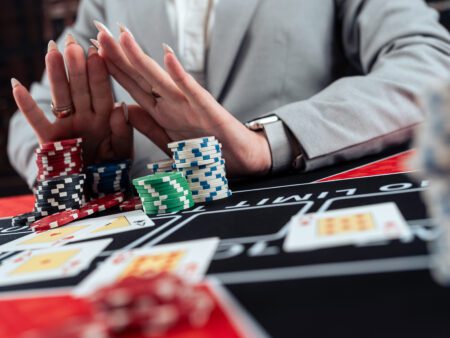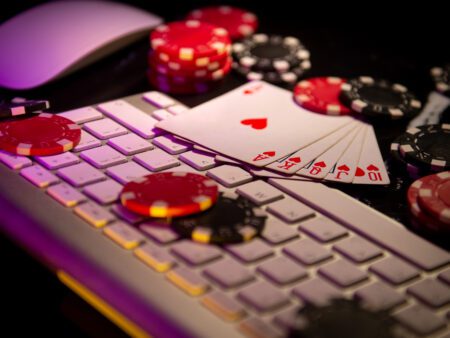Unearth the psychological aspects behind the art and science of card counting in Blackjack. Understand how mental control and manipulation of emotions can turn the odds in your favor.
The Psychology of Blackjack: Unleashing the Secrets of Card Counting
The game of Blackjack, a staple in casinos across the globe, holds a psychological allure that stretches beyond its seemingly simple rules. The strategy, decision-making, and the thrill of the unknown often have players sitting on the edge of their seats. However, becoming a successful Blackjack player is more than a matter of luck; it is also an exercise in mastering the mind, particularly in the art and science of card counting.
The Mind and Blackjack
When it comes to card games, the mind is your most potent weapon and your potential downfall as well. The key emotions involved in Blackjack—excitement, stress, anticipation, and disappointment—can all heavily impact the choices you make during your play. Being able to control these emotions, enabling a calm, level-headed approach, can significantly influence your success.
Beyond emotional regulation, however, the game of Blackjack leans heavily on cognitive abilities. It’s not only about understanding the game’s rules but also predicting the outcomes based on statistical probabilities. For this, Blackjack players rely heavily on memory, concentration, and mental arithmetic—skills that in many ways are the embodiment of card counting.
The Science of Card Counting
Card counting, despite Hollywood dramatizations, is not about memorizing each card that has been played. It’s a strategic approach revolving around probability and statistics that provides an edge over the house. Essentially, a card counter keeps track of the ratio of high cards to low ones remaining in the deck. This knowledge helps them adjust their bets and actions based on what’s likely to come up next.
The Psychology Behind Card Counting
At a glance, card counting might look purely mathematical, but it’s as much about psychology as numbers. Firstly, card counting requires tremendous mental agility and focus. The player must possess the ability to quickly count and memorize while making swift decisions under pressure. Secondly, the psychological aspect of card counting extends to managing one’s emotions. Keeping calm while maintaining the mental arithmetic, even during losing hands, is imperative to the successful execution of card counting.
Emotion Management and Card Counting
While card counting can provide an advantage by predicting better outcomes, the practice still doesn’t guarantee a surefire win. One must also consider external factors, such as the gambler’s fallacy. The skill, then, lays in managing expectations and emotions based on the knowledge the counting reveals. This implies being unphased by a streak of bad hands since the science of card counting shows that a wave of high cards may still be on the way.
The Impact on the Blackjack Player’s Psychology
Mastering the art of card counting not only dramatically impacts your performance in Blackjack but also fosters a range of transferable skills. It enhances memory, mental agility, and capacity to make quick decisions under stressful conditions. Additionally, the rigor in managing emotions, dealing with uncertainty, and the discipline of following a strategic approach despite short-term outcomes can translate into better emotional and cognitive control in many other aspects of life.
Conclusion: Unleashing the Potential
Being successful at Blackjack requires more than just understanding the basic rules of the game. It’s about harnessing the power of the mind and deploying effective strategies such as card counting. The correct application of this method demands a comprehensive understanding of statistical probabilities and an ironclad control over emotions. This play requires discipline, focus, and the ability to remain unswayed by the lure of the gambler’s fallacy.
Fascinatingly, card counting’s psychological journey can also shape one’s mental resilience and decision-making skills in various spheres of life. It encourages mental agility, emotional control, and strategic thinking, integral qualities to succeed in a chance-driven world.
Ready to Play a Round?
Are you ready to experience the thrill of Blackjack and test your card counting skills? Remember, while luck plays a certain role, the art of the game is in controlling your emotions, following a strategy, and not succumbing to cognitive biases like the gambler’s fallacy. Happy gaming!










